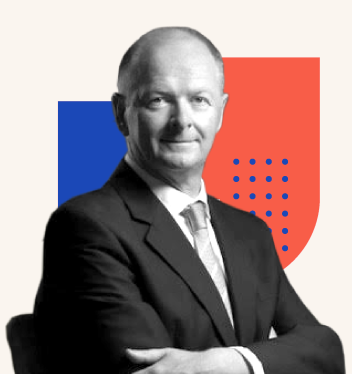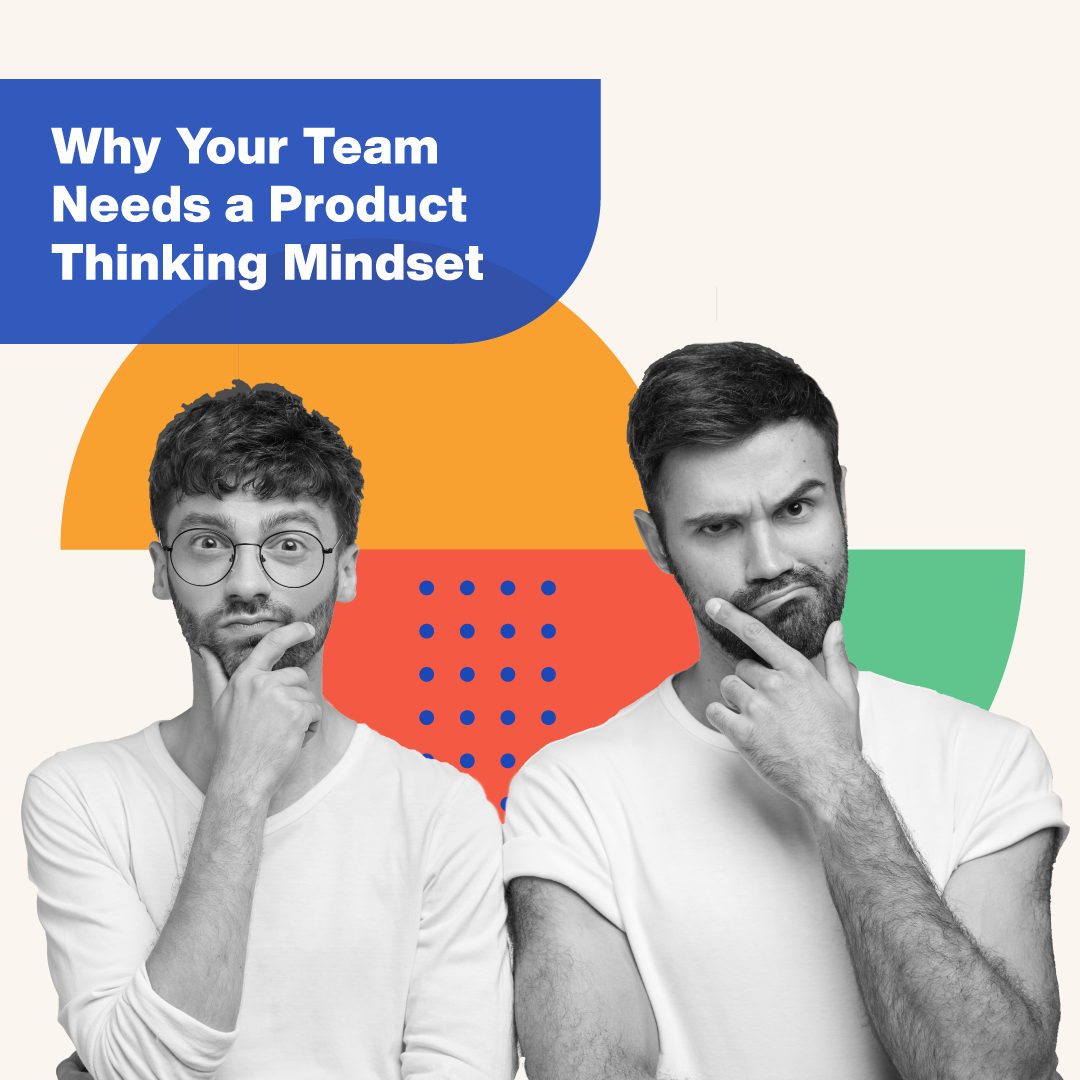Stuart Anderson has over twenty years of experience helping organisations build high-performance teams and supporting top performers to achieve more success and satisfaction. His diverse client list broadly includes Cirque Du Soleil and tech CEOs, large arts organisations and the Royal College of Surgeons, rock stars and racing drivers, dancers, and Olympians. He shared his outlook on leadership in the world, and why he believes anyone can achieve mastery with the right coaching, discipline, and practical action.
Stuart, tell us how you started out in your career.
I was a performer of various sorts — musician, athlete, even a radio DJ! I realized how much the mental aspects of performance were common across disciplines, and I decided to study performance psychology. Once qualified, I applied my performance coaching craft to a wide variety of domains – from rock stars to surgeons, racing drivers to acrobats, and Olympic athletes to tech execs.
Why did you end up doing what you are doing?
I’ve always been interested in becoming the best version of myself, and I have an inherent passion for helping others do the same. However, through experience working in different contexts and cultures, I realized that many people felt a gap between what they wanted to build in the world and what they actually spent their time on. I’ve felt that way myself on many occasions. So I knew it was important to not just recognize how much we need different leadership in the world, but to help others also be the change.
My coaching process stems from proven methods in the development of personal mastery, higher-mind consciousness, and performance psychology. I utilize practical knowledge that can be used immediately, enriching your personal development while maximizing your leadership potential.
When you think of leaders you admire, who is your biggest inspiration?
There are so many people who have inspired me, but one that springs to mind for many reasons is from my hometown — Terry Fox. The resilience and strength of character that man had were astonishing. Bob Marley and Muhammed Ali are significant others for me. I’ve always been drawn to those who transcend the identity of what initially made them known to us, who did something powerful for the greater good — even despite the backlash they often endure. Thankfully, there are many examples of these transcendent leaders to choose from!
What type of leaders do you think the world needs right now?
The Dalai Lama said that real change would not come from decisions made by governments or the U.N. I believe that to be true. Transformative leaders serve a transcendent purpose — looking beyond today’s reality to create a new future. To do this effectively, we must look inwards, manage our hearts and minds, and then act outwards from a balanced place within ourselves.
How do you apply that within the work you do at SkyPilots?
I recognized that the best way for me to do my part in helping to bring the necessary action into the world was to provide a leadership program that helps people gain self-awareness and communication skills through applied learning and action in the workplace. This will ultimately benefit people through the expressed values of serving and empowering others — through the development of skills in self-mastery, resilience, collaboration, being visionary, impactful, and taking positive action.
What is the best part of your job? What is the biggest challenge?
The best part of my’ job’ is witnessing my clients have those ‘aha!’ moments — insights into new areas of their growth and revelations of the depths of their character. The biggest challenge is ensuring they act on those insights and persevere through inevitable challenges. These learning edges get integrated habitually over the short and long term and applied where they make the most impact. It’s often a delicate tension between short term KPIs and maintaining a disciplined stance for the long term benefit of the greater good.
How has COVID-19 changed your work? What’s worse, and what’s better?
Covid-19 forced us to deliver everything remotely. It’s harder to ‘read the room’ when my clients are collectively on a zoom call — that energy needs to be tended to ensure the same collective experience. However, tech has helpfully enabled powerful, vulnerable communication, which often leads to people having ‘breakthroughs’ or insightful realisations at the moment. What changes in mindset and actions they take based on these insights — that’s what really matters!
How do you think we can improve diversity and inclusion in tech?
I think we have to be very conscious of the assumptions we may make about the challenges faced by visible minorities and women every day.
For example, there are common cross-cultural differences between how men and women express their opinions regarding their own competencies. Employees and leaders often feel they should mirror how men are commonly perceived and approach such matters with what seems like overconfidence and perhaps ‘oversell’ themselves.
On the other hand, women are typically more reserved or honest about how they perceive their abilities, which often does not work in their favour. I also think we need to better understand some of the many cultural differences usually found in leadership and teamwork.
How do you think corporate culture plays a part, and how can we develop that?
Notably, some cultures produce competitive individuals who can learn at a tremendous pace but often struggle with collaboration or divergent thinking. Some cultural norms allow individuals to express a lot of creativity, but it can be difficult to coordinate their efforts or get things done quickly. I also think we need to better understand the many cultural differences usually found in leadership and teamwork. Of course, these are generalizations — which are problematic in their nature.
I think mentorship is vital, particularly for female leaders and minorities, to ensure increased awareness of all sides of these types of concerns, perceptions, and potential misunderstandings.
Further, individual differences can give us the diversity of perspective we need — we should harness our unique strengths and continue to grow collectively to remain competitive in an ever-changing global market.
What advice would you give to someone who is starting their career?
Find mentors who are genuinely interested in your development. Learn from the best team members you can work with. Listen. Be curious. Focus on what you’re passionate about and fully engage with it — the very pursuit of mastery will serve you with energy and resilience when the challenges come. Over time, you will find an even deeper meaning and joy within that process.
Check out some Links to Stuart’s work: SkyPilots, LinkedIn, Catalyst Creative – ‘Developing Self Leadership in Creative Teams’







